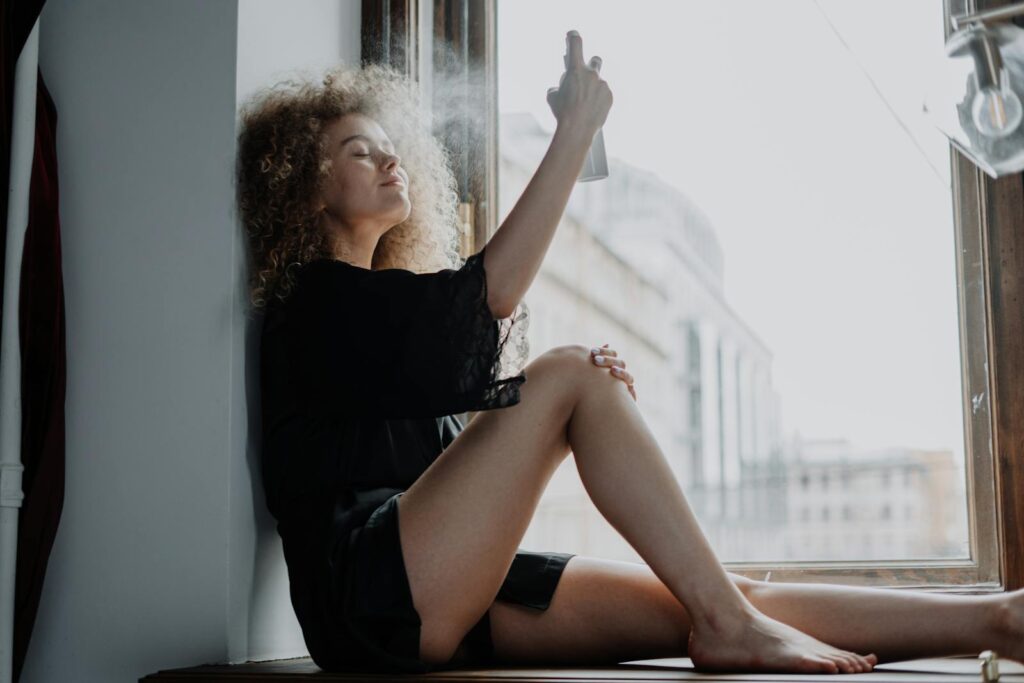Hey, just so you know, some of the links on this site are affiliate links. That means I may earn a small commission if you buy something through them. It doesn’t cost you anything extra, and it helps me keep this site running. Thanks for your support!
Varicose veins, those twisted, enlarged veins commonly found on the legs, can be a source of discomfort and aesthetic concern for many individuals. While medical treatments are available, a growing number of people are turning to natural remedies to alleviate the symptoms and improve the appearance of varicose veins. This blog post delves into various natural methods to manage varicose veins, providing you with a comprehensive guide to making informed decisions about your vein health.
Understanding Varicose Veins
What Causes Varicose Veins?
Varicose veins develop when veins become enlarged and overfilled with blood. This usually occurs because of weakened valves in the veins that fail to prevent blood from flowing backward. As blood pools, the veins enlarge and become varicose. Factors contributing to this condition include genetics, age, obesity, pregnancy, and prolonged periods of standing or sitting. By understanding these underlying causes, you can take proactive steps to manage or prevent varicose veins.
Symptoms and Complications
Typical symptoms of varicose veins include aching pain, swelling, heaviness, and visible, bulging veins. In severe cases, varicose veins can lead to complications such as skin ulcers, bleeding, and blood clots. Early intervention with natural remedies can help mitigate these symptoms and reduce the risk of complications, making it essential to address the issue promptly.
Natural Remedies for Varicose Veins
Exercise: Boosting Circulation
Regular exercise is one of the most effective ways to improve blood circulation in the legs and reduce varicose veins. Activities such as walking, swimming, and cycling are particularly beneficial. These exercises help push blood through the veins, reducing the pooling that leads to varicose veins. Incorporating a daily exercise routine can significantly improve vein health over time.
Diet: The Power of Nutrition
A diet rich in high-fiber foods and low in salt can aid in preventing varicose veins. Fiber helps prevent constipation, which can exacerbate vein issues, while reducing salt intake minimizes water retention and swelling. Including foods like oats, flaxseed, and fruits in your diet can improve digestion and reduce the pressure on your veins.
Herbal Remedies and Essential Oils
Horse Chestnut Extract
Horse chestnut extract is widely recognized for its vein-strengthening properties. Studies have shown that it can reduce leg pain, swelling, and the appearance of varicose veins. Using supplements or topical applications of horse chestnut extract can offer relief and improve the overall condition of your veins.
Essential Oils for Relief
Essential oils such as lavender, peppermint, and tea tree oil can be used in massages to enhance blood circulation and reduce swelling. Diluting a few drops of essential oil in a carrier oil and gently massaging your legs can provide soothing relief and promote better blood flow.
Lifestyle Changes for Healthier Veins
Elevation and Compression
Elevating your legs above heart level several times a day can significantly improve circulation and reduce vein pressure. Additionally, wearing compression stockings applies gentle pressure to your legs, promoting blood flow and reducing swelling. These simple lifestyle changes can make a big difference in managing varicose veins.
Staying Hydrated
Proper hydration is essential for maintaining vein health. Drinking plenty of water keeps your blood thinner, making it easier for it to flow through your veins. Staying hydrated can help prevent the formation and worsening of varicose veins.
Natural Topical Treatments
Apple Cider Vinegar
Apple cider vinegar is a popular home remedy believed to improve blood flow and circulation. Applying it directly to the skin or incorporating it into your diet can offer potential benefits. Regular use of apple cider vinegar may help reduce the visibility and discomfort of varicose veins.
Aloe Vera Gel
Known for its anti-inflammatory properties, aloe vera gel can be applied directly to varicose veins to provide relief from swelling and discomfort. Using aloe vera regularly can help soothe the affected areas and improve the overall appearance of your legs.
Preventative Measures and Maintenance
Maintaining a Healthy Weight
Keeping a healthy weight is crucial for vein health. Excess weight puts additional pressure on your veins, potentially worsening varicose veins or leading to new ones. A balanced diet and regular exercise can help you maintain a healthy weight and support your vein health.
Avoiding Prolonged Standing or Sitting
Long periods of standing or sitting can exacerbate varicose veins. If your job requires you to be on your feet or sit for extended periods, try to take breaks to walk around and stretch your legs. This simple adjustment can significantly improve circulation and reduce the pressure on your veins.
Conclusion and Actionable Steps
Varicose veins can be a bothersome condition, but with the right natural remedies and lifestyle changes, you can manage and reduce their appearance effectively. Regular exercise, a healthy diet, herbal remedies, and proper hydration are all key components of a comprehensive approach to vein health.




